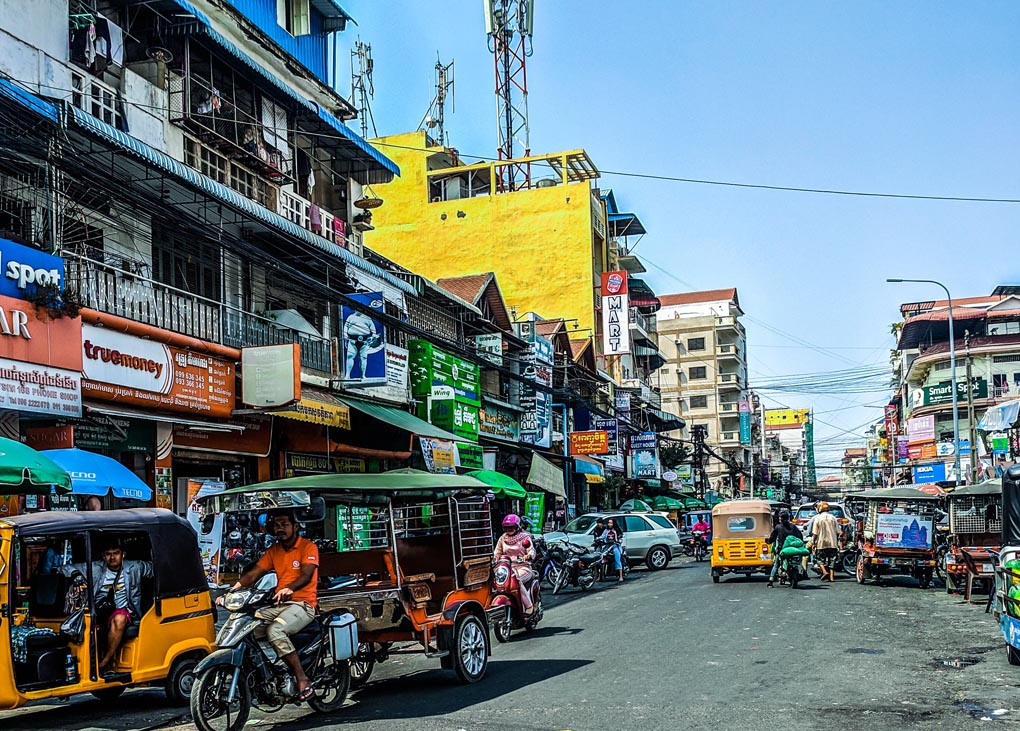Cambodia, with support from the United Nations Environment Programme (UNEP) and the United Nations Economic and Social Commission for Asia and the Pacific (UNESCAP), has launched its first national strategic plan on cooling for a greener, cleaner and low-carbon future.
“Sustainable approaches to cooling are critical to tackle climate change,” says UNEP. “Such approaches reduce food loss, enhance access to healthcare and medicines, enable productive work and protect against heat stress, especially important in a country such as Cambodia where heat stress leads to an annual GDP loss of at least US$1.12 billion.”
With a hot and humid climate, Cambodia expects demand for space cooling to double in the next 20 years. It already accounts for 45 per cent of electricity use nationally.
The country’s National Cooling Action Plan seeks to reduce cooling demand, strengthen the access to cooling services such as cold chains for food and medicine, improve the energy efficiency of appliances, and encourage the use of refrigerants with low global warming potential (GWP). Ultimately, it aims to reduce the climate and economic impacts of increased demand for cooling.
“If we are serious about reversing current climate trends, we cannot go about cooling our planet with a business-as-usual approach,” says UNEP Regional Director and Representative for Asia and the Pacific, Dechen Tsering.
“As Cambodia’s demand for cooling grows, it has an important opportunity to adopt a new pathway on cooling, showing the possibility and potential of a system-wide approach to cooling that is equitable, efficient, and climate-friendly.”
The plan focuses on five areas: space cooling, food cold chain, health-care cold chain, mobile air conditioning, and process cooling.
UNEP notes that in the lead-up to COP 28, slated for November 30 to December 12 in Dubai, it is crucial to drive global action on sustainable cooling.
Executive Secretary of UNESCAP and Under-Secretary General to the United Nations, Armida Salsiah Alisjahbana says, “It is critical that Cambodia mitigates rising cooling-related energy demand and greenhouse gas emissions while protecting the resilience of its energy systems”.
Cambodia’s National Cooling Action Plan was developed under the framework of the Cool Coalition – a global effort led by UNEP to drive action on sustainable cooling.
 Louise Belfield
Louise Belfield


Leave a Reply